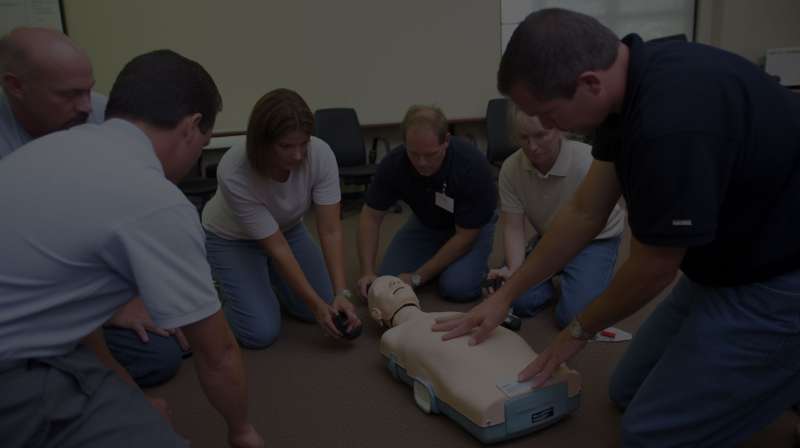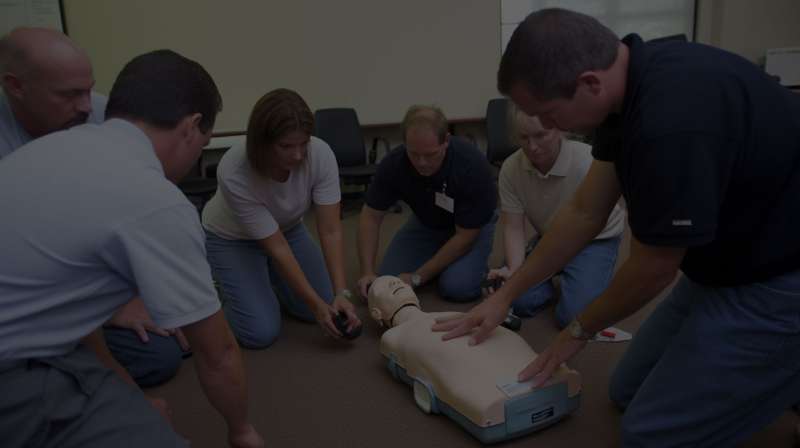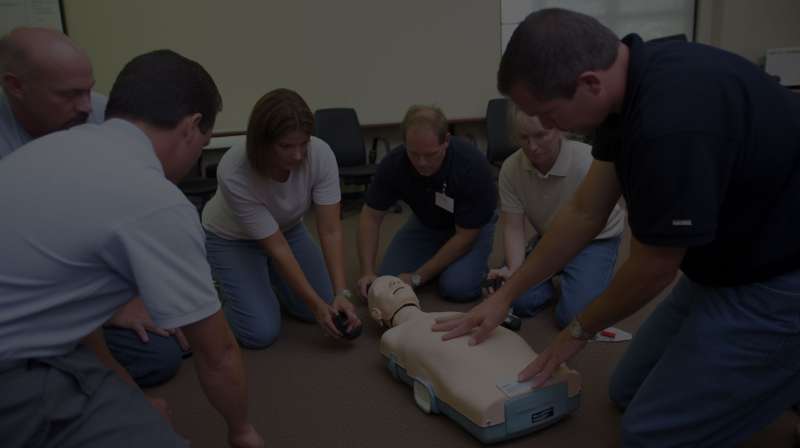Providing emergency oxygen treatment often makes a positive difference in the outcome of patients suffering from any of the following life-threatening problems
Traumatic Injury
- Any injury involving massive blood loss means that some tissues may suffer from lack of oxygen due to reduced blood flow.
- Any injury that interferes with an airway or breathing.
Shock
- Any injury or illness, serious or minor, that stresses the body may result in shock. In reaction to a medical condition, the body pools blood into one or more of the vital organs, such as the brain, heart or kidneys.
- This reduces the normal blood flow to other body tissues depriving the cells of oxygen.
Cardiac Arrest
- Cardiac arrest occurs when a heart artery becomes blocked and the heart stops receiving oxygen.
- When the heart is oxygen deprived, it may begin to quiver - called ventricular fibrillation - or the heart may just stop beating.
Respiratory Arrest
- Respiratory arrest occurs when the lungs stop functioning due to paralysis of the diaphragm, collapse of the lung, or any amount of respiratory failures.
- Respiratory arrest is a medical emergency and it usually is related to, or coincides with, a cardiac arrest.
Stroke
- A stroke occurs when a blood vessel is blocked or ruptures in the patient's brain. Blockage or rupture deprives the brain of oxygen and causes cell death.
Near Drowning
- Drowning causes death by asphyxiation (suffocation) in water.
- Near drowning is when a person suffers asphyxiation in water, but is revived.
Decompression Illness
- Decompression illness (DCI) is the term used to describe two diving maladies - lung overexpansion injuries and decompression sickness.
- DCI can also cause shock, respiratory or cardiac arrest - all needing emergency oxygen treatment.




Share on social media